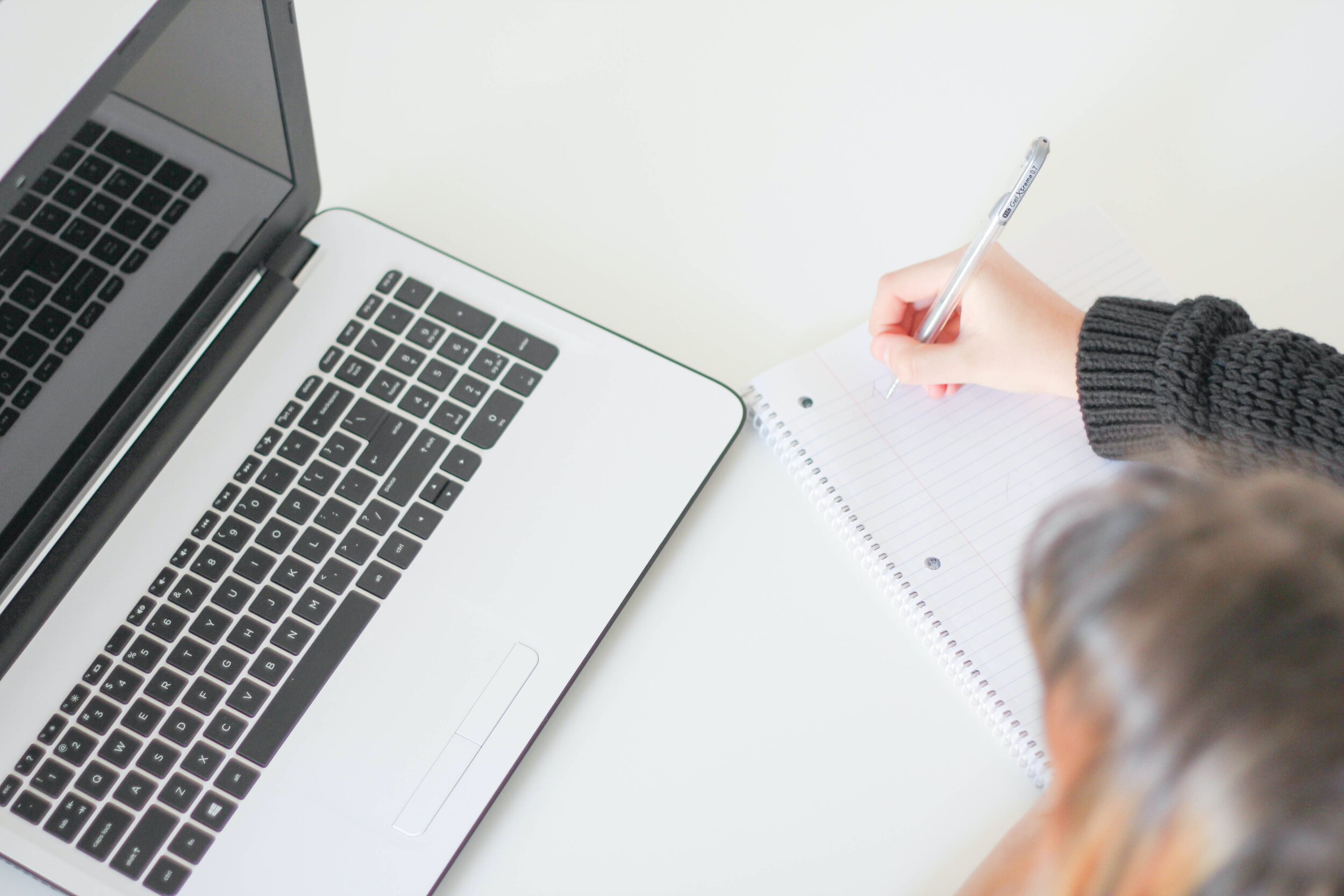
Checklist for Visa Interview
Your visa is vital for your travel to Florida. In order to study in the United States, you will need a student visa (F-1). Exchange students will need an exchange student visa (J-1 visa). Read on for important information concerning your student visa.
Obtaining your visa is an extremely important part of your travel process. Here are some points to carefully consider when applying for your student visa:
You must clearly establish that you are planning to return to your home country; try to explain exactly or as nearly as possible when. Also, indicate what kind of job you expect to pursue in your home country, and who will help you find this job (parents, government officials, and other professional contacts). Have a basic professional plan in mind to implement upon your return after the completion of your studies.
You must express yourself in good conversational English; your TOEFL or IELTS scores may be required, SAT/ACT results, GRE results and GMAT may be useful, but not always required. You should also have a fairly solid academic record, which will suggest that you will be a successful college or university student in the United States. Expect that the interview will be conducted in English. Your interview will not last very long; under five minutes. Be prepared.
There should be a logical connection between what you have studied in your home country and what you plan to do in your American institution. Be prepared to explain why you have selected a particular school—for example, you met a representative at an educational fair, you know someone who is familiar with the school, your school is a "Sister School" with the American host institution, or the institution has a program that is not available at home. Do NOT repeat facts from the institution's website. Your reason needs to be genuine.
Financial documentation is important so that it is clear that you will be able to take care of your financial responsibilities at your American institution. It is imperative that your financial documentation be thorough and genuine.
A well-organized document file or notebook is recommended for your visa interview. Place them in page protectors so they are readily available for viewing, but not easily lost on a crowded desk. Secure the pages in a file, folder, or small notebook. Your notebook should include several documents:
A bank statement that reflects several months of the necessary funds.
Try to provide a copy of your father's or mother's salary job description and any other assets where relevant.
If you have a financial sponsor, a letter of support must clearly indicate that the funds have already been placed in a Trust or set aside specifically for this purpose. Some schools will require that a letter of this sort be notarized to verify the signature of the sponsor.
Your host institution will send you an I-20 Form. This is also known as the Certificate of Eligibility for Nonimmigrant (F-1) Student Status-For Academic and Language Students. The form includes the student tracking number (SEVIS ID number) and school code. The Form I-20 is only for F-1, F-2, M-1, and M-2 statuses. J-1 and J-2 status holders have an equivalent Form DS-2019 which is issued by a United States Department of State-designated J exchange visitor program.
You must bring your SEVIS fee receipt (Form I-797). The SEVIS fee must be paid at least three days prior to submitting the application for a U.S. visa. Canadian citizens, who are exempt from the visa requirement, must pay the SEVIS fee at least three days prior to applying for admission to the U.S. at a U.S. port of entry. The receipt is proof you have paid the fee. You will need to present the fee receipt with your application for a visa. (Canadians will need to present the fee receipt at the U.S. port of entry.)
Your host institution will send you an admission letter which should include an agreement from them that you have been accepted into a course of study, indicate academic awards if any, the start date of your beginning semester and other information, such as student identification numbers and final requirements. This will serve to prove that you have in fact gained admission to the institution. Each country's consulate may have other requirements. Please check with your consulate to verify.
There are three main points a visa officer is looking for in your interview:
a sincere intention to return to your home country once your studies are complete,
financial resources to complete your course of study, and
the ability to be successful in your studies in the United States.
The visa officer knows you will be nervous. Being organized and professional, having the ability to express yourself well in English, and transparent honesty are key components to a successful interview.
